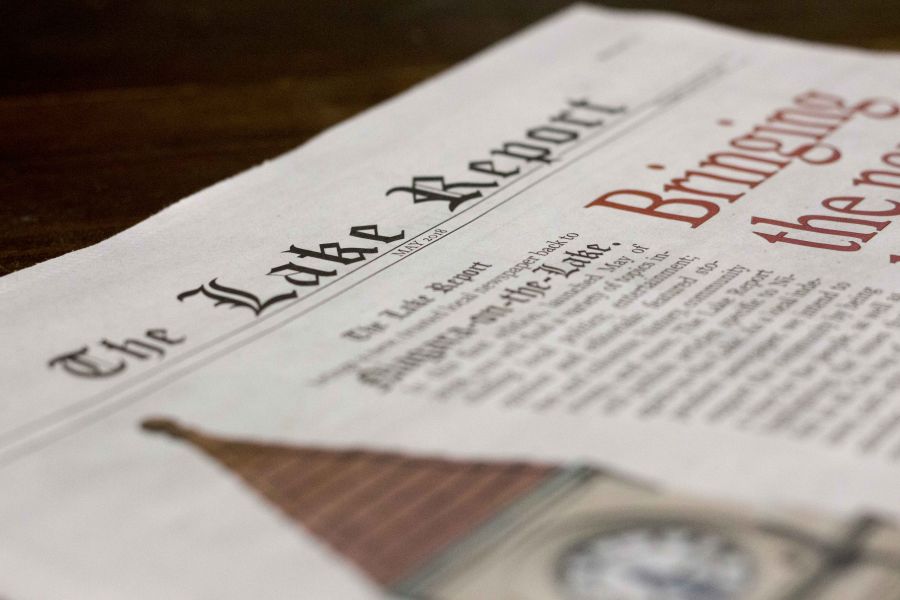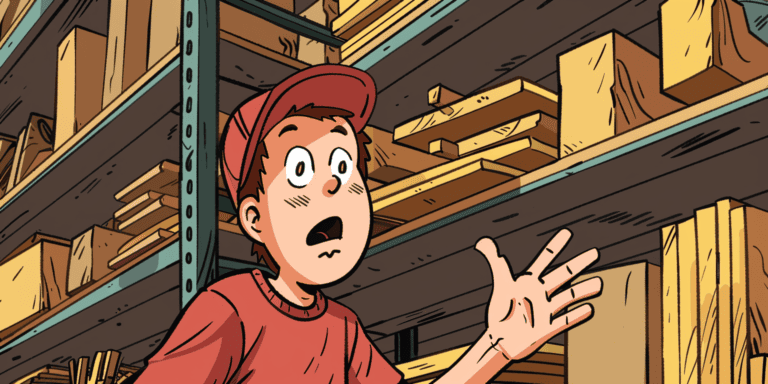In Ontario there is a legal statute called the Municipal Freedom of Information and Protection of Privacy Act, a behemoth piece of legislation designed to ensure the protection of privacy of individuals in a multitude of instances.
This is a valuable and important law, and its aims are laudatory and valid, its goal being to protect people’s privacy in many matters that really are no one else’s business.
But in Canada, we also have a justice system that is free and open, courts that in the vast majority of cases (and in non-COVID times) permit anyone, from anywhere, to walk in from off the street to watch and listen as justice is dispensed.
The pandemic has made that more difficult, but cases are still heard online and can be watched via Zoom.
What happens in our society when, as we have documented in other editorials over the past three weeks, someone is charged with a serious offence or even a minor offence involving a serious incident – and no one is permitted to know? How do we reconcile that with the ideal of an open justice system?
Is such secrecy serving the concept of a free, open justice system, a principle that repeatedly has been upheld by the Supreme Court of Canada? Or is it hindering the transparency that is so vital in our democracy?
This is not about media vultures intent on being able to embarrass and shame individuals who stand accused before our courts. It is simply about the principle that society should have easy access to our justice system and be able to know and trust that justice is carried out.
To do so, people have to be able to find out who is accused of crimes – and police control that information. As we have already said, in many instances, no one other than the accused, the victims and their families will really care to follow cases through to their conclusion.
Problems occur when police, as they do in Niagara Region, decide to interpret privacy legislation in ways that inadvertently run counter to the open justice system principle.
While the police concern about violating people’s privacy is admirable, the Niagara police service takes it to extremes.
Its blanket policy of being overly selective about the information it releases (something as unintrusive as the name of a hospital or trauma unit someone is being treated at or the name of a street where a serious incident has occurred or, more concerning, the name of someone facing a minor charge in a fatal incident) acts as a roadblock to the openness espoused by our justice system.
The privacy legislation, which may be somewhat flawed despite its good intentions, gives law enforcement some latitude in the information it can choose to release. Niagara police seem to interpret the law as strictly black-and-white, while ignoring the areas of the statute that permit some discretion and flexibility.
In essence, the police, who already wield an inordinate amount of power as an arm of the state, have become the gatekeepers in Niagara, effectively determining what people should know about what is going on in the justice system.
The police service is just one cog in that very important system and, respectfully, we urge Niagara police to revisit its policies about what information it feels can be entrusted to the public it serves and be more forthcoming to the citizens it serves and protects.











